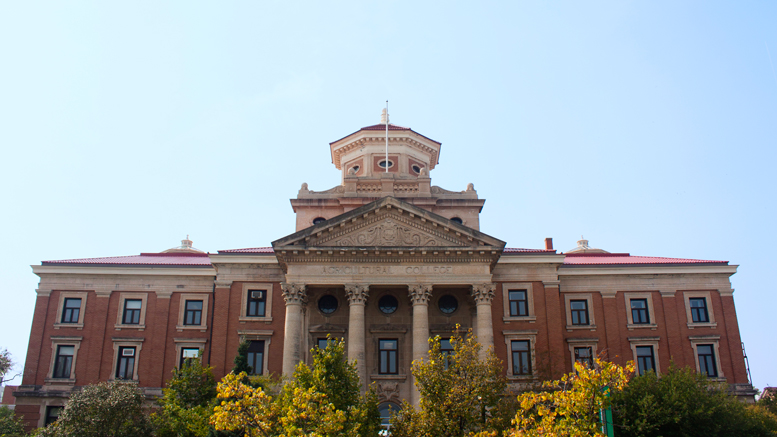While those looking to produce films in Manitoba can look forward to a fruitful 2019, the budget tabled by the provincial government Thursday sets a far bleaker scene for those interested in studying them.
The Progressive Conservative government’s 2019-20 budget includes a one per cent decrease in the provincial sales tax (PST), fulfilling a 2016 election promise, a cut to ambulance fees and an increase in the film and video production tax credit, nearly doubling film funding to $31.5 million from $16 million.
Post-secondary institutions, however, stand to lose again this year due to a 0.9 per cent decrease to operating grants and strategic initiatives, the budget line that outlines funding to all post-secondary institutions in the province.
This is the second consecutive year funding for post-secondary has been reduced, with last year’s cuts followed by a 6.6 per cent increase in tuition. In the same year, the province also repealed universal healthcare for international students.
University administration has not said whether tuition will climb again this fall. A statement released by the university Thursday said administration “still awaits confirmation from [the] government regarding its specific budget information.”
The statement included a comment from U of M president David Barnard, who called on the province to “secure the future competitiveness of this province.”
“The University of Manitoba understands the financial constraints this government faces and has already demonstrated its commitment to prudent budgeting,” Barnard said.
“At the same time we encourage this government to see the value in investing in results for Manitobans by investing in this province’s only research-intensive university.”
Barnard said the university would continue to thrive through “strategic investment.”
“We know that an investment in a research-intensive university is an investment in Manitoba’s future.”
In a press release, UMSU vice-president external Owen Black said the cuts confirmed the Conservative government would “continue another year of attacks on post-secondary education.”
“The province of Manitoba needs to stop balancing the budget at the cost of Manitoba’s post-secondary education and start investing in the future of Manitobans,” he said.
“I want to personally assure all University of Manitoba students that our UMSU executive will be working hard to stand against future tuition increases for both domestic and international students.”
UMSU called on U of M administration and the University of Manitoba Faculty Association (UMFA) to work toward affordable education for all students, and said the union would continue its efforts to bring more open educational resources — which fosters the use of public domain resources instead of expensive textbooks — to classrooms.
Dele Ojewole, the chairperson of the Canadian Federation of Students’ Manitoba branch, called the budget a “total disaster for post-secondary students in Manitoba” in a statement.
“At a time when other provinces are finding innovative ways to invest in [post-secondary education] and healthcare, the Pallister government is doing the opposite, effectively making higher education out of reach for those who need it most,” he said.
“It’s truly disappointing to see this government’s continued lack of awareness about the value that investing in post-secondary education has in our communities and the economy in Manitoba.”


